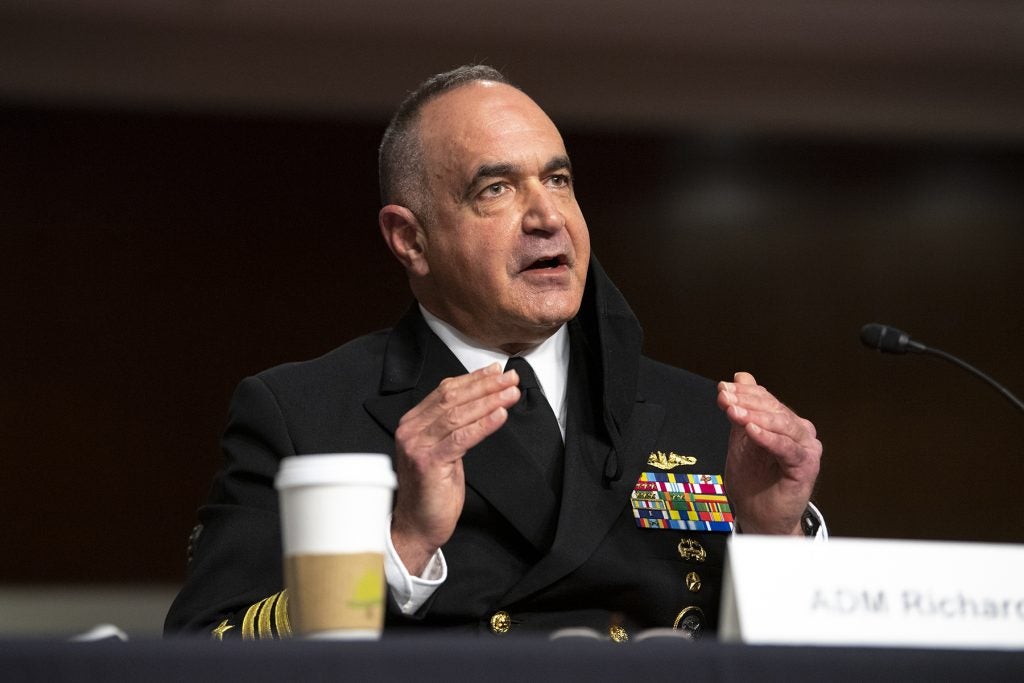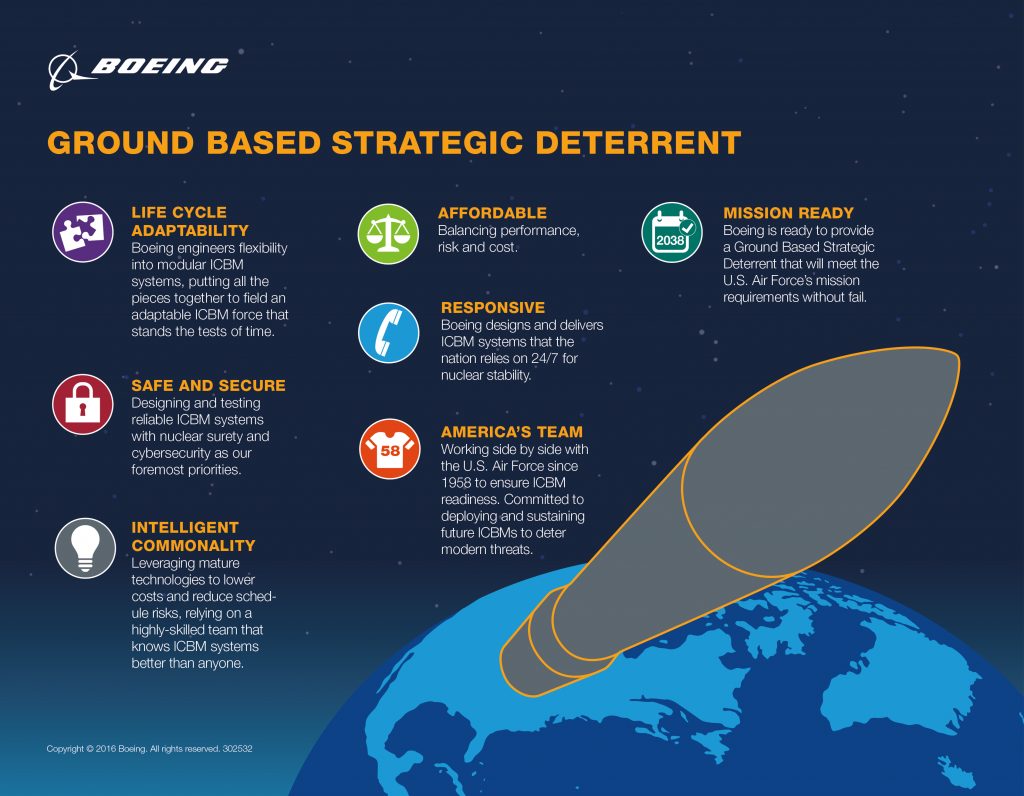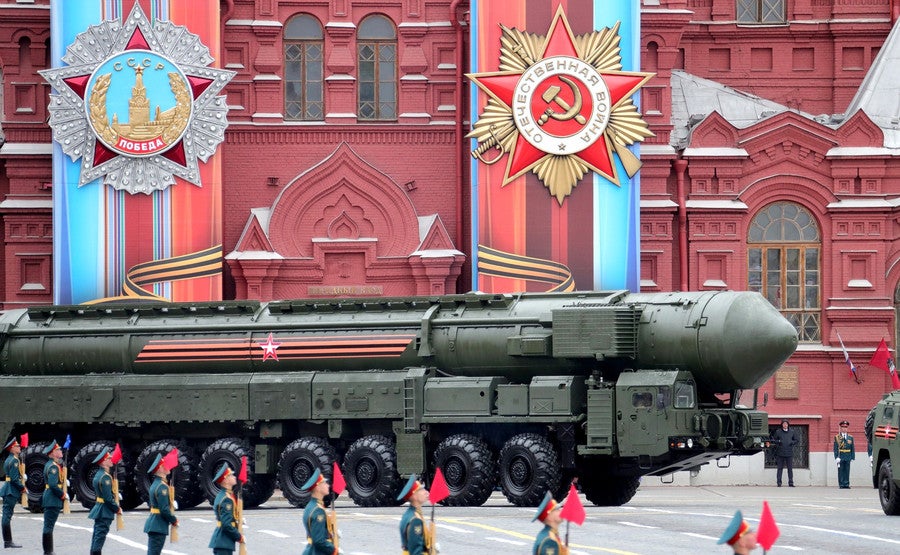US Military Leaders Ask Congress to Modernize Nuclear Triad
Testifying before Congress alongside Space Command (SPACECOM) commander General James Dickinson, Strategic Command (STRATCOM) commander Admiral Charles Richard emphasized that in the nuclear sphere the US is facing a threat like never before. Both China and Russia are quickly modernizing their arsenals. “For the first time in our history, the nation is facing two nuclear-capable strategic peer adversaries at the same time” the admiral told Congress.

Richard explained that China is advancing so quickly that he had ordered briefs to not include information older than a month as this is likely out of date.
“China is capable of executing any plausible nuclear employment strategy regionally now and will soon be able to do so at intercontinental ranges. […] I can’t get through a week right now, without finding out something we didn’t know about China.”
Nevertheless, Russia remains the primary nuclear threat to the United States. What worries Richard is that their arsenal is now much more modern than America’s. US modernization is, according to the admiral, essentially at 0% while the Russians are modernizing everything from missiles to bombers. Admiral Richard estimates their arsenal could be described as 80% modernized.
An especially grave threat to American nuclear-based capabilities is its aging fleet of ICBMs.
“We’re at a point where end-of-life limitations and cumulative effects of underinvestment in our nuclear deterrent and supporting infrastructure, against the expanding threat, leave me no operational margin. Our nation simply cannot attempt to indefinitely life-extend leftover Cold War weapon systems and successfully carry out the assigned strategy.”

Minuteman III Missiles are now too old to have their lives extended by upgrades. If no replacement is found they will have to be retired. In other words, if congress were to cut funding from the GBSD program which aims to replace the Minuteman missiles, the nuclear deterrent would now be primarily reliant on submarines rather than a more diverse triad. Richard explained that this would force STRATCOM to place bombers on alert for the first time since the Cold War (armed with nuclear weapons and ready to fly at all times).

